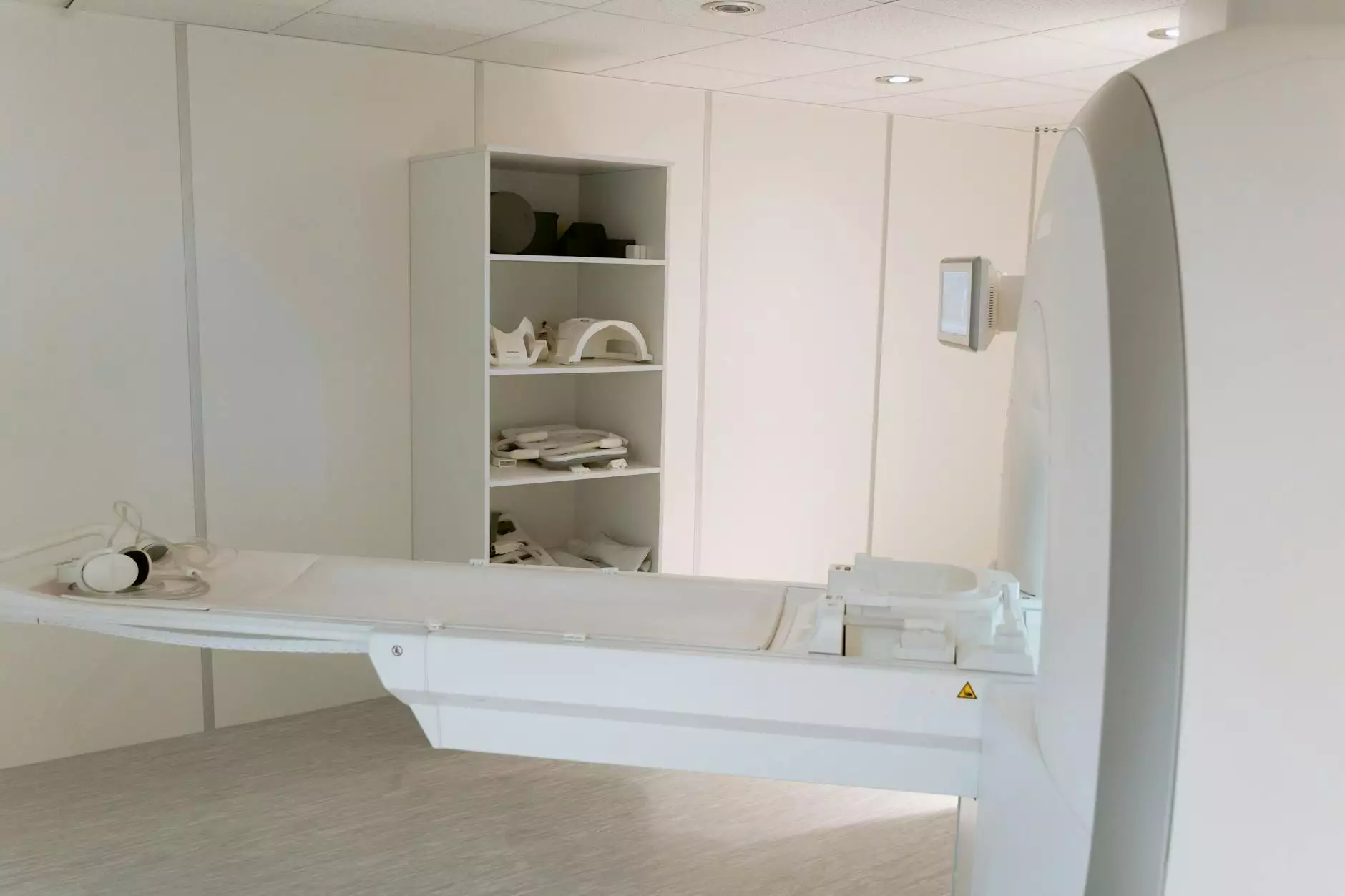Understanding the Role of an MRI Service Engineer

In the fast-evolving landscape of healthcare, the importance of diagnostic imaging cannot be overstated. Among the various imaging modalities, Magnetic Resonance Imaging (MRI) stands out as a crucial tool for medical evaluation and diagnosis. At the heart of MRI technology is the MRI service engineer, a professional dedicated to maintaining and enhancing the performance of MRI systems. This article delves deeply into the vital roles, responsibilities, and qualifications of MRI service engineers, emphasizing their impact on healthcare quality and patient outcomes.
The Importance of MRI in Healthcare
Magnetic Resonance Imaging offers unparalleled imaging capabilities that aid in diagnosing a variety of medical conditions. MRI is particularly invaluable due to its ability to produce detailed images of soft tissues, making it essential for conditions involving the brain, spine, joints, and more. As a non-invasive imaging technique, MRI contributes significantly to:
- Accurate Diagnoses: MRI helps clinicians identify issues like tumors, brain disorders, and spinal cord problems, leading to timely and effective treatments.
- Non-Invasive Procedures: Unlike other imaging methods, MRI does not use ionizing radiation, making it safer for patients.
- Research and Development: MRI technology continues to evolve, contributing to advancements in medical research and novel treatment methodologies.
The Role of an MRI Service Engineer
The MRI service engineer plays a crucial role within medical centers and diagnostic services by ensuring that MRI systems are reliable, efficient, and safe for clinical use. Their responsibilities encompass several key areas:
1. Installation and Configuration
Upon the arrival of a new MRI machine, the MRI service engineer is responsible for overseeing its installation. This process includes:
- Site Preparation: Ensuring that the location is ready for the machine, including considerations for space, electrical requirements, and safety regulations.
- System Setup: Configuring all components of the MRI system to operate effectively and meet the specific needs of the healthcare facility.
2. Regular Maintenance
To ensure optimal performance, MRI service engineers perform regular maintenance on MRI machines, which includes:
- Preventive Checks: Routine evaluations of system performance to prevent breakdowns.
- Calibration: Adjusting the equipment to enhance image quality and performance consistency.
3. Troubleshooting and Repairs
When MRI systems malfunction, service engineers are called upon to diagnose and resolve issues. Their expertise allows them to:
- Investigate Issues: Use diagnostic tools to identify the root cause of malfunction.
- Implement Repairs: Carry out necessary repairs, ensuring minimal downtime for the imaging service.
Qualifications and Skills Required
The field of MRI engineering requires a blend of technical knowledge and practical experience. MRI service engineers typically possess:
- Educational Background: A degree in biomedical engineering, electrical engineering, or a related field.
- Training: Specialized training in MRI systems, often involving coursework and hands-on experience.
- Problem-Solving Skills: Exceptional analytical skills to troubleshoot and resolve technical issues.
- Attention to Detail: A meticulous approach to ensure all equipment adheres to safety and quality standards.
- Communication Skills: Ability to interact effectively with medical staff and convey technical information clearly.
The Impact of MRI Service Engineers on Patient Care
In the realm of healthcare, the work of an MRI service engineer directly influences patient care and outcomes. Their contributions can be observed in several ways:
1. Enhancing Imaging Quality
By maintaining optimal performance of MRI systems, service engineers ensure that patients receive high-quality images. This precision is critical for:
- Accurate Diagnosis: Better imaging leads to more accurate diagnoses, which are crucial for effective treatment plans.
- Reduced Repeat Scans: Improved reliability minimizes the need for repeat scans, thus reducing patient exposure and anxiety.
2. Ensuring Safety
Safety is paramount in medical imaging. MRI service engineers play a significant role in this by:
- Adhering to Protocols: Following strict safety protocols to protect patients and staff from potential hazards associated with MRI technology.
- Regular Safety Audits: Conducting evaluations to ensure compliance and identify areas for improvement in safety practices.
3. Training and Support for Technicians
Service engineers often provide training for MRI technicians, enhancing their operational effectiveness. This includes:
- Technical Training: Teaching staff how to operate the machinery effectively and handle minor troubleshooting.
- Updates on New Technology: Keeping technicians informed about advancements and best practices in MRI technology.
Career Opportunities for MRI Service Engineers
The demand for skilled MRI service engineers is expected to grow, driven by advancements in medical imaging and an increasing focus on diagnostic services. Potential career opportunities include:
- Healthcare Facilities: Working directly within hospitals and diagnostic centers to manage MRI equipment.
- Manufacturing Companies: Supporting the development and testing of new MRI technology and systems.
- Consulting Services: Offering expertise to multiple healthcare facilities as an independent consultant or through a service company like Echo Magnet Services.
Conclusion
The role of an MRI service engineer is indispensable in the healthcare sector, playing a pivotal part in enhancing the quality of diagnostic imaging services. Their expertise ensures that MRI systems function optimally, contributing profoundly to patient safety and care quality. As technology continues to evolve, the demand for competent MRI service engineers will undoubtedly increase, offering robust career opportunities in a vital field. The importance of maintaining advanced imaging systems cannot be underestimated, and professionals in this area are key to accomplishing that mission.
For further information about MRI services and the vital role of engineers in the healthcare sector, consider reaching out to Echo Magnet Services, where expertise meets commitment to quality care. Together, we can ensure that diagnostic imaging remains a cornerstone of modern medicine.









